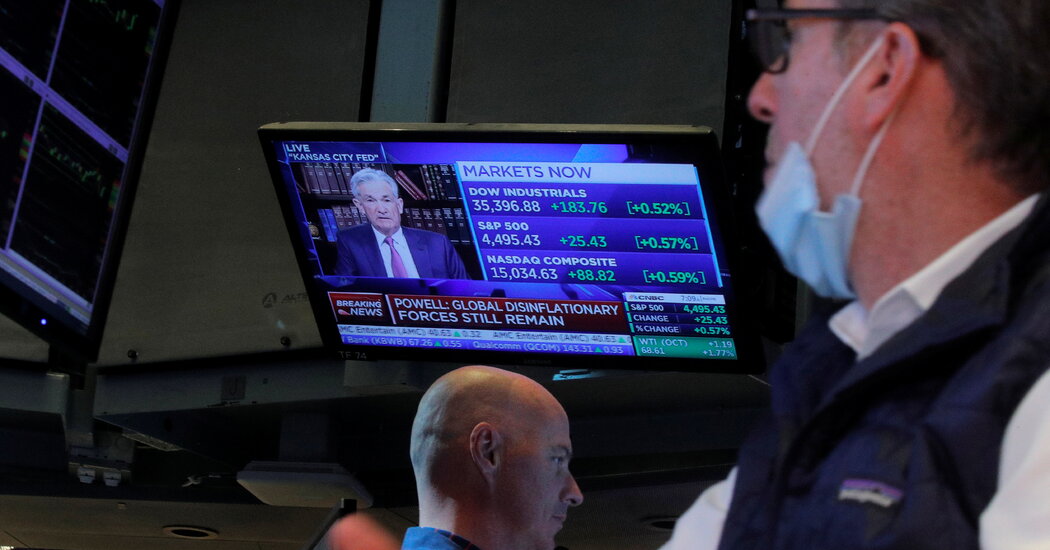ECONOMIC NEWS
Some Say Low Interest Rates Cause Inequality. What if It’s the Reverse?
They found that the role of higher inequality was far more important than that of demographics.It’s not that the high earners increased their savings rates. Rather, they were winning a bigger piece of the economic pie; by the researchers’ calculations, the share of income going to the top 10 percent of earners rose to more than 45 percent in recent years, up from about 30 percent in the early 1970s.The result of high earners making more, and thus saving more, amounts to trillions of dollars in additional savings over the years — accounting for 30 percent to 40 percent of private savings from 1995 to 2019.So whatever the causes of rising income inequality — most likely a combination of technological change, decline in union power, globalization, changes in tax policy and winner-take-all market dynamics — it has set in motion forces resulting in the accumulated assets of those wealthy people skyrocketing in value.“As the rich get richer in terms of income, it creates a saving glut,” Professor Mian said. “The saving glut forces interest rates to fall, which makes the rich even wealthier. Inequality begets inequality. It is a vicious cycle, and we are stuck in it.”Their paper is hardly definitive, and other economists at the symposium noted a few issues — for example, that the decline in the natural rate of interest has been a global phenomenon, taking place even in countries with different income inequality trends than those in the United States. And Jason Furman, the Harvard economist, noted that the widening of inequality was most intense in the years before 2000, while the decline in the natural interest rate has mostly taken place since then.But regardless of just how strong a factor income inequality is in driving low rates, high asset prices and higher wealth inequality, the situation does put the Fed and other global central banks in a difficult spot.“These forces pushing down r-star are probably so powerful that the Fed could never fight against them,” Professor Sufi said in an email.
Source link













